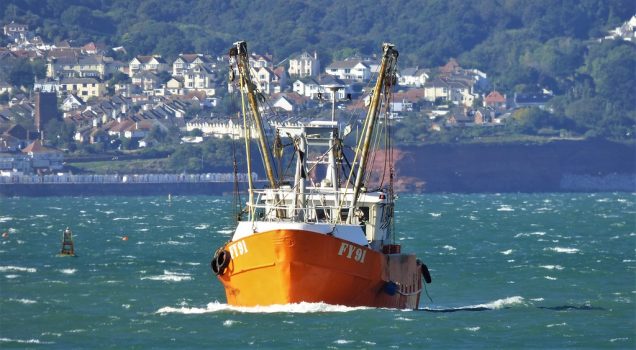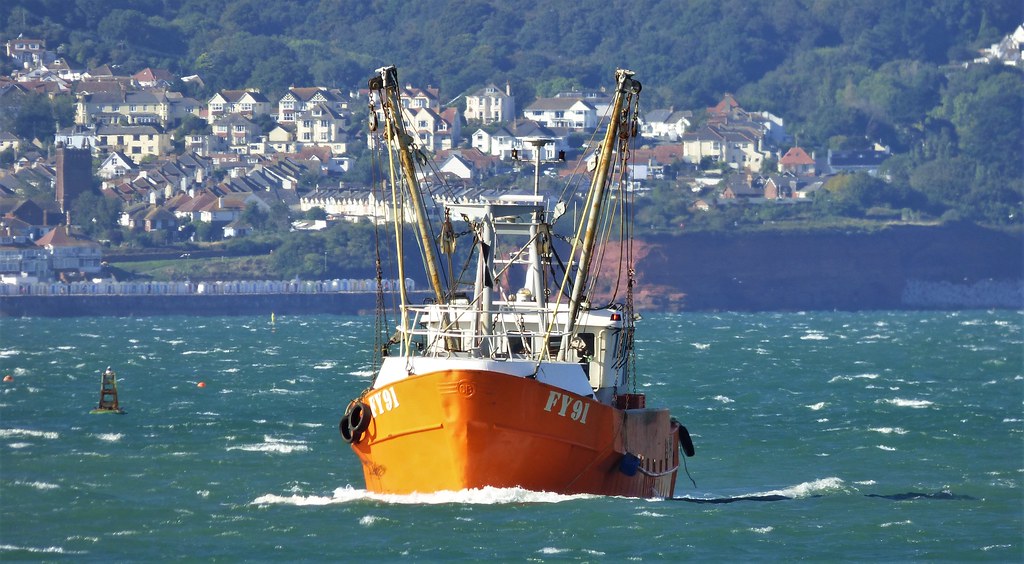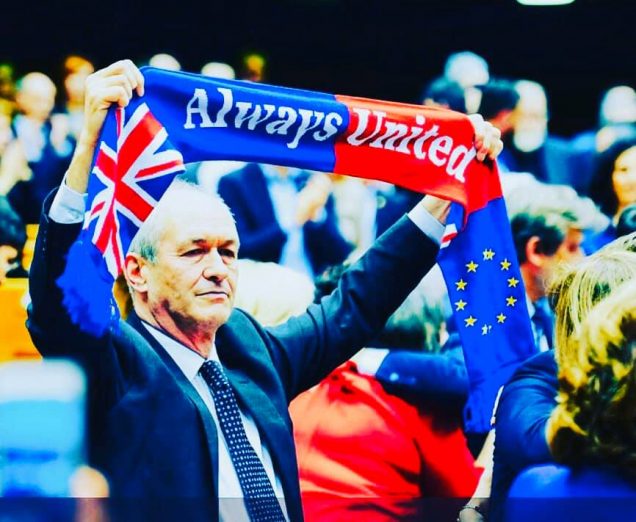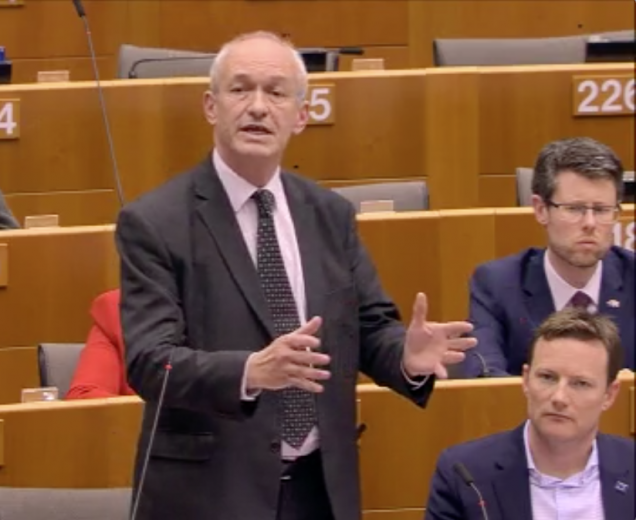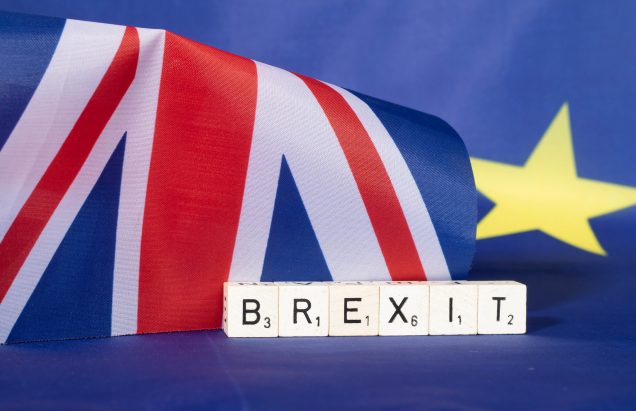One of the key arguments repeated time and again by Brexit supporters is the idea that Britain will ‘take back control of our waters’. The notion that the UK could run a completely different national policy, increase its catch by reserving all rights to fish in the UK’s Exclusive Economic Zone (EEZ) to UK fishers, is a far cry from the reality of migratory fish and depleting fish stocks.
The recent signing of bilateral fisheries agreements between the EU and Norway is a timely reminder of just how difficult it will be for the UK to operate autonomously when it comes to fisheries. Following three rounds of negotiations in November and December, the EU and Norway signed two bilateral fisheries agreements covering the North Sea and Atlantic, and set quotas for jointly-managed fish stocks in the North Sea.
There are a number of international treaties, not least the United Nations Convention on the Law of the Sea (UNCLOS), that require coastal states to cooperate to manage their living resources in a sustainable manner. In particular, for fish stocks that occur in the Exclusive Economic Zone (EEZ) of two or more coastal states, known as ‘shared stocks’, states must cooperate on the management of these stocks. Since fish are migratory and ignore national borders, Norway and the EU must therefore negotiate such fisheries agreements, despite the former being outside of the European Union.
The same will apply to Britain. We too will have to negotiate with the EU and agree to the amount of catches allowed (‘Total Allowable Catches’) and to jointly determine fishing rights.
The stocks jointly managed by the EU and Norway are for species such as cod, haddock, whiting and plaice. Agreements are negotiated in light of scientific advice provided by the International Council for the Exploration of the Sea (ICES) – advice that Britain has said it will continue to use. The agreement also enables both parties to continue their fishing operations in each other’s waters from 1st January 2020, and to continue quota swapping, a practice that is also common between EU member states.
In short, the recent fisheries agreements concluded by the EU and Norway demonstrate that, regardless of being outside of the EU, Norway must still negotiate agreements with the EU in order to continue fishing jointly-managed fish stocks in the North Sea.
The notion that the UK could entirely ‘take back control’ when it leaves the European Union, have a wholly independent fisheries policy, is pie in the sky. Irrespective of Brexit, the UK will need to cooperate and negotiate with the European Union to agree upon quotas and to exchange fishing rights. The only difference will be that we will do it as an outsider, facing an EU position jointly agreed by EU countries, instead of being, as now, on the inside, negotiating as an equal.
And I’ve not even mentioned the need to continue selling the fish we catch to other EU countries. No point catching fish if you can’t sell them! Yet, we export up to 80 percent of what we catch, mostly to other EU countries. Leaving the European single market (the rules which make any British product legal to sell without further ado across the whole EU) and the customs union (which eliminates tariffs – border taxes – between member countries) will make that more cumbersome and costly, even assuming the EU does not restrict it in response to any attempt by Britain to avoid jointly agreeing on quotas.

